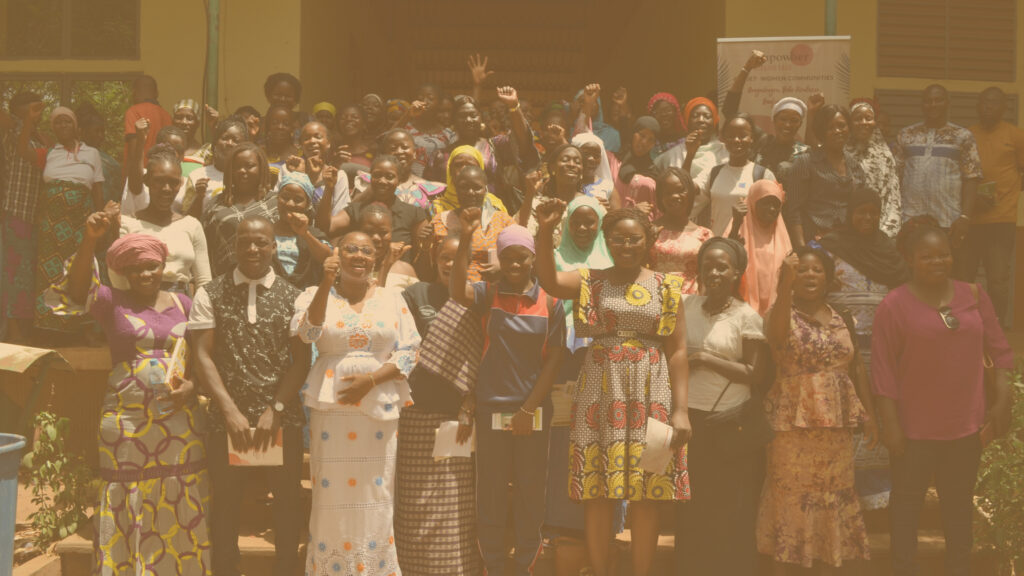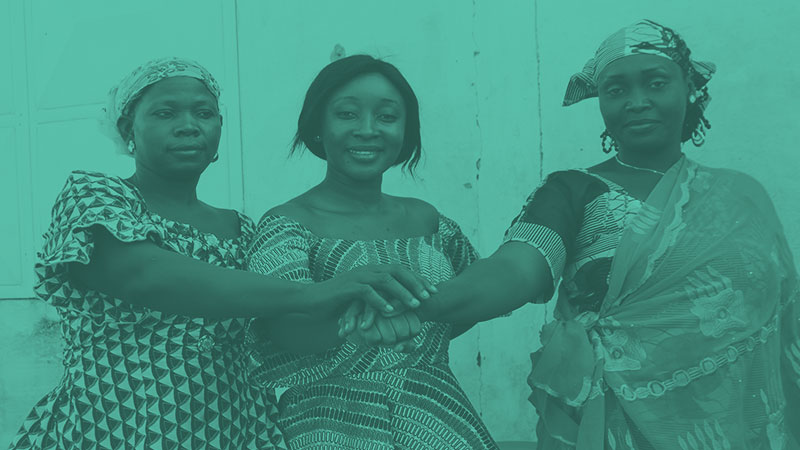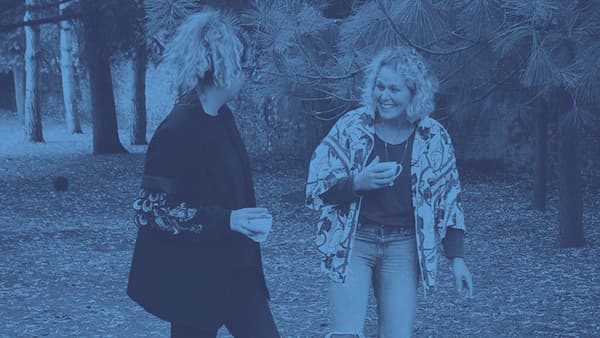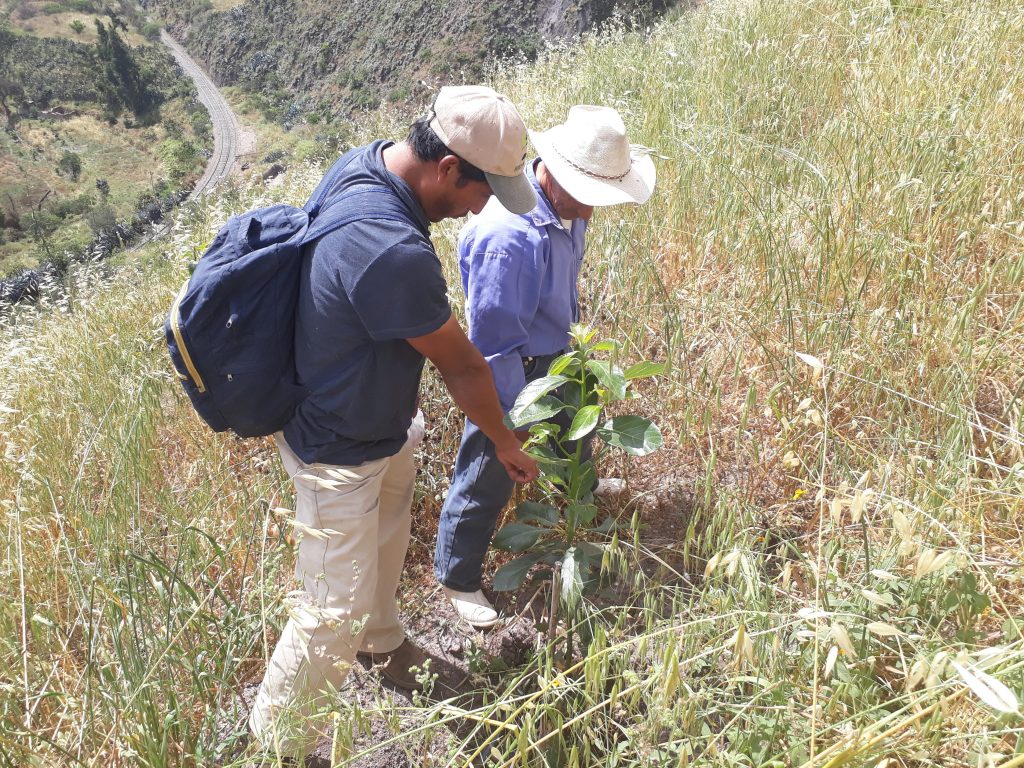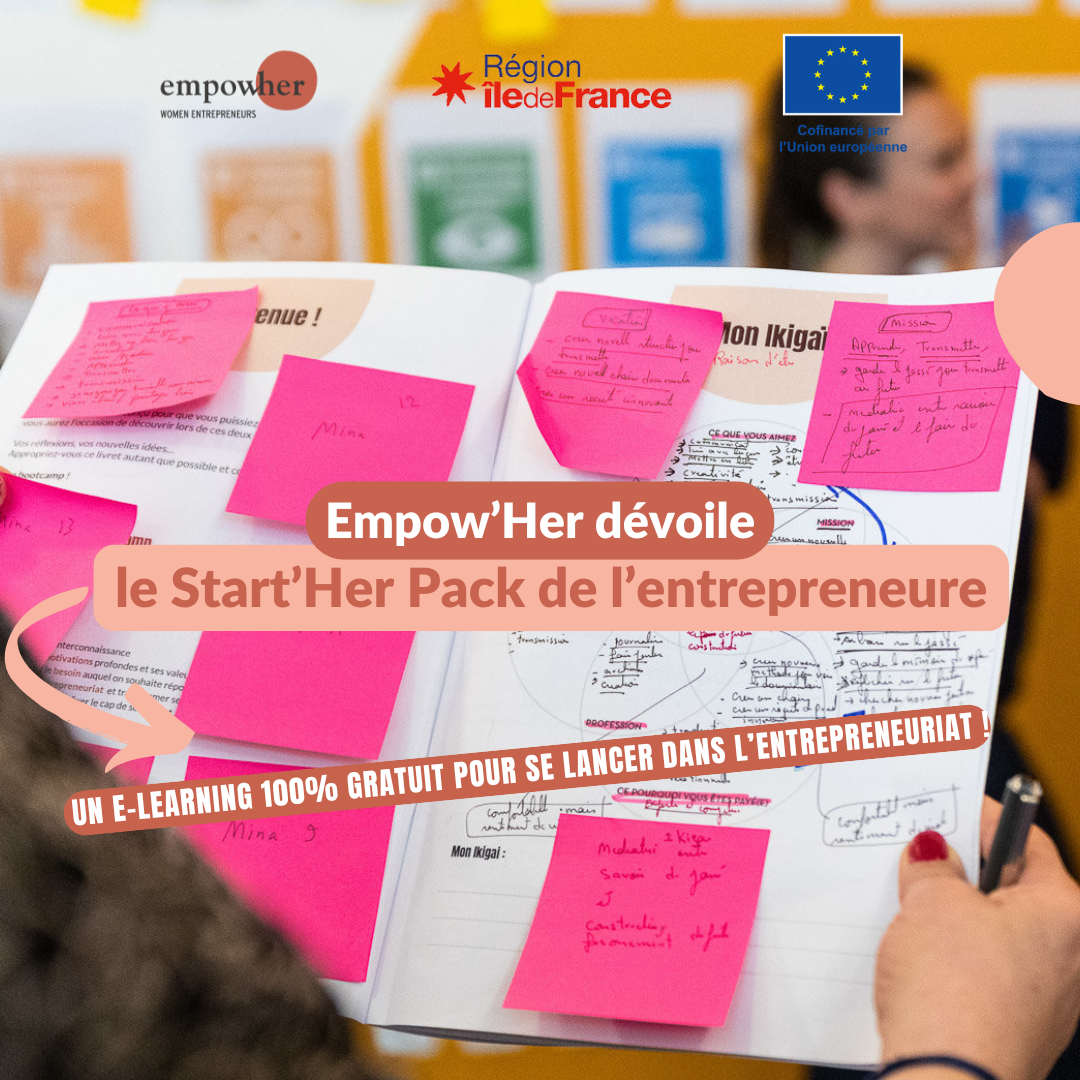Marine and Léo, our volunteers in Peru, arrived here a bit over two months ago. Today, they’re telling us about their individual meeting with the local farmers, aiming at constructing collective trainings compatible with their needs.
The first collective training is scheduled for the following week. These trainings will allow us to discuss economy and agronomy with the farmers of Marachanca, in continuity with the trainings done by the previous volunteers. To ensure the success of these trainings, we want them to suit each farmer and to address their needs.
After having discussed with the farmers, we noticed that their knowledge in financial management is very heterogeneous. We therefore wished to go over the basis of account keeping to homogenize the group’s general knowledge and advance efficiently during the group training. Some of the beneficiaries also struggled to speak in public and the financial questions were sometimes hard to address within the village. These first individual trainings allowed us to unlock some of these obstacles so that each beneficiary could advance confidently at their pace.
Rufino, a farmer that we have been supporting for several months, asked us several questions about agronomy. And so, we organised a meeting with Juna Calizaya, Peruvian agronomist and farmer, specialized in agro-ecology. This last training day within Rufino’s farm, enabled him to obtain concrete solutions to the problems he has been facing since he moved from conventional agriculture to an organic agriculture, respectful of the environment. He also received guidance regarding his young avocado trees plants, a new type of farming whose special features he didn’t know yet.
Following this individual training, particularly rewarding for Rufino but also for us, we agreed with Juan to start in the near future the collective trainings on agro-ecology directly on his farm so that as many farmers as possible would be able to benefit from his knowledge and experience.




